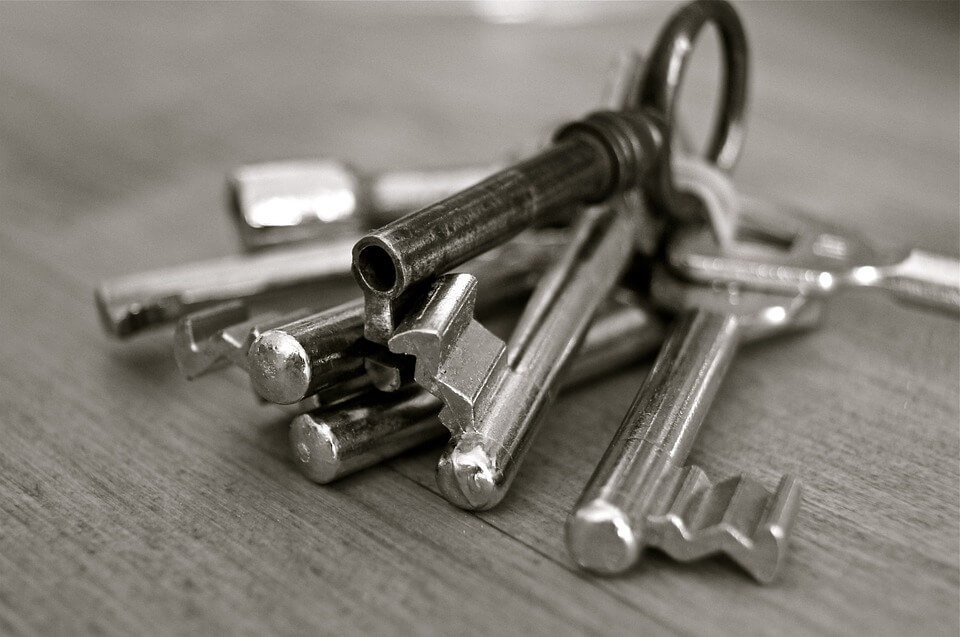If you’re considering entering into an IVA and you own your own home, you want the peace of mind that your home will remain safe in your possession. This short guide explains it all.
If you’ve been struggling with debt and are looking for a solution, an IVA (Individual Voluntary Arrangement) could be a great option – if you fit the correct criteria.
But what if you’re a homeowner, would you lose your home if you enter into an IVA?
That’s a nice easy one, the answer is no.
You will not be forced to sell your home if you enter into an IVA, I’ll explain why, but first, let me give you a brief explanation as to what an IVA is and how they work.
What is an Individual Voluntary Arrangement?
IVAs are a legal way to deal with debts that you’re not able to pay back.
You pay an affordable, single, monthly payment towards what you owe on unsecured debts.
A trained adviser, such as the advisers at M1 Bailiff Solutions, will work out an amount you can afford to pay back to your creditors.
They will take into account all your other expenses including your priority bills such as council tax, rent, food, utility bills and travel to name a few.
If your creditors accept the terms they will put a stop to any further interest charges being added to what you owe.
Most last five years and providing you complete it successfully, any remaining debt is written off.
What happens to my home in an IVA?
If you own your own home, 6 months before you’re due to complete your IVA, you will be asked to try and release some of the equity in it – if you have any.
An equity assessment will be carried out 6 months before you complete.
A valuation of your property will be obtained, either by your company or you can do it yourself.
Your company will then work out 85% of the value and deduct from that anything you still owe on a mortgage or secured loan.
If the amount is less than £5,000 then there is no need to do anything with your property and the IVA simply finishes at the end of the proposed term.
If the amount left is more than £5,000, you will be required to attempt to remortgage the property.
There are some limitations that apply and one of our trained advisers will be able to tell you more.
If you are turned down for a remortgage, you will need to continue with your monthly payments for up to an extra 12 months – taking it from five to six years.
However, there are no circumstances where entering into an agreement would require you to sell your home.
So long as you keep up your payments, mortgage payments and payments on any secured loans your property wouldn’t be at any risk.

